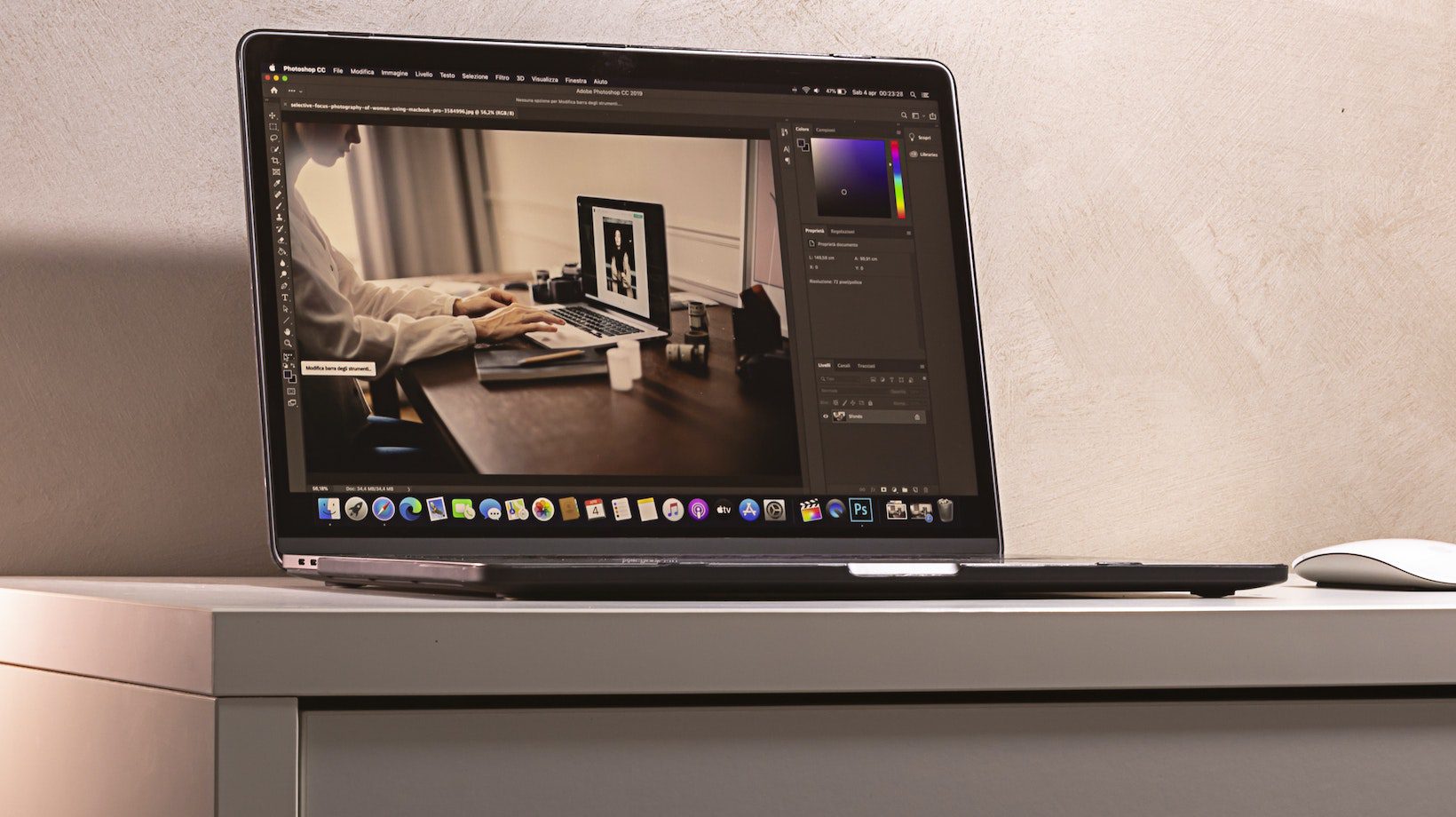The Best Laptops for Pentesting
First on our list is the Dell XPS 15. This powerhouse of a laptop boasts impressive specifications with its Intel Core i7 processor and up to 32GB of RAM. Its sleek design and vibrant display make it ideal for both work and entertainment purposes. With its ample storage options and excellent battery life, the Dell XPS 15 is a reliable choice for pentesters who require portability without compromising on performance.
Another great option is the Lenovo ThinkPad X1 Extreme. Designed with professionals in mind, this laptop offers exceptional durability combined with powerful hardware configurations such as an Intel Core i9 processor and up to 64GB of RAM. The ThinkPad X1 Extreme also provides robust security features like fingerprint recognition and self-encrypting drives, ensuring your sensitive data remains protected while conducting penetration testing.
Lastly, we have the HP Spectre x360, which combines elegance with functionality. This convertible laptop features a versatile design that allows you to switch between tablet mode and traditional laptop mode effortlessly. Equipped with an Intel Core i7 processor and up to 16GB of RAM, the HP Spectre x360 delivers smooth multitasking capabilities required for demanding pentesting tasks.
- Processing Power: Pentesting involves running resource-intensive tools and software that require significant processing power. Look for laptops with high-performance processors like Intel Core i7 or AMD Ryzen 7 series to ensure smooth multitasking and efficient handling of complex tasks.
- RAM and Storage: A sufficient amount of RAM is vital for running multiple virtual machines, analyzing large data sets, and performing memory-intensive operations during pentesting. Aim for at least 16GB of RAM to ensure optimal performance. Additionally, opt for a laptop with ample storage capacity or consider one with solid-state drives (SSDs) for faster data access.
- Portability: As a pentester, you might need to work on-the-go or conduct assessments in different locations. Therefore, portability becomes an important factor to consider when choosing a laptop. Look for lightweight models with a compact form factor that can easily fit into your bag without compromising on performance.
- Connectivity Options: Pentesters often rely on external devices such as Wi-Fi adapters, Ethernet cables, USB dongles, or additional monitors during their assessments. Make sure the laptop has adequate ports and connectivity options like USB-C, HDMI, Ethernet ports, and Wi-Fi capabilities to accommodate these requirements.
- Battery Life: Long-lasting battery life is crucial when working in environments where power outlets may not be readily available or during extended penetration tests that require uninterrupted operation. Look for laptops with at least 8 hours of battery life under normal usage conditions.
- Security Features: Since security is at the core of pentesting activities, it’s essential to have robust security features built into your laptop hardware and software ecosystem. Features like biometric authentication (fingerprint or facial recognition), TPM (Trusted Platform Module), and hardware-based encryption can enhance the overall security of your machine.

Top Brands and Models for Pentesting Laptops
When it comes to pentesting, having the right laptop can make all the difference in your productivity and efficiency. With so many options available in the market, it can be overwhelming to choose the best one for your needs. That’s why I’ve compiled a list of top brands and models that you should look out for when searching for a laptop specifically designed for pentesting.
- Dell XPS 15: Known for its powerful performance, the Dell XPS 15 is a popular choice among pentesters. It boasts an Intel Core i7 or i9 processor, ample RAM, and a high-resolution display, providing you with the speed and clarity needed to tackle complex tasks.
- Lenovo ThinkPad X1 Extreme: The Lenovo ThinkPad series has long been favored by professionals, and the X1 Extreme is no exception. With its robust build quality, exceptional keyboard, and impressive hardware configuration options including Intel Core processors and Nvidia graphics cards, this laptop ensures smooth multitasking during pentesting sessions.
- MacBook Pro: Although not traditionally associated with pentesting due to its macOS operating system, the MacBook Pro has gained popularity among some professionals in the field. Its sleek design combined with powerful specifications including Intel Core processors and ample storage make it an attractive option for those who prefer macOS as their platform of choice.
- HP Spectre x360: The HP Spectre x360 offers a versatile 2-in-1 design that allows you to switch between laptop and tablet modes effortlessly. Equipped with Intel Core processors, ample RAM, and solid-state drives (SSDs), this device provides both power and portability required for on-the-go pentesting tasks.
Remember, when choosing a pentesting laptop, it’s important to consider factors like processing power, RAM capacity, storage options, and overall build quality. Additionally, ensuring compatibility with popular pentesting tools and the ability to run virtual machines smoothly are also key considerations.




